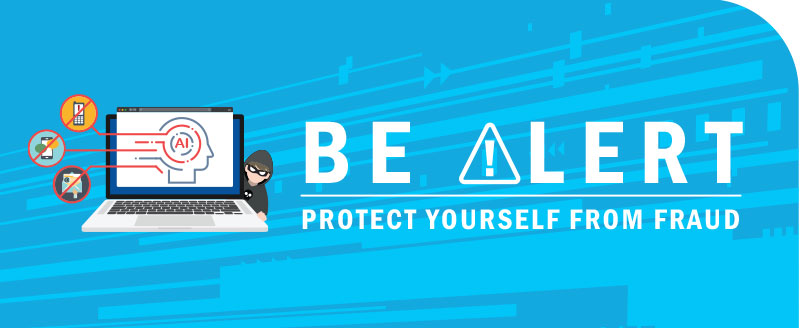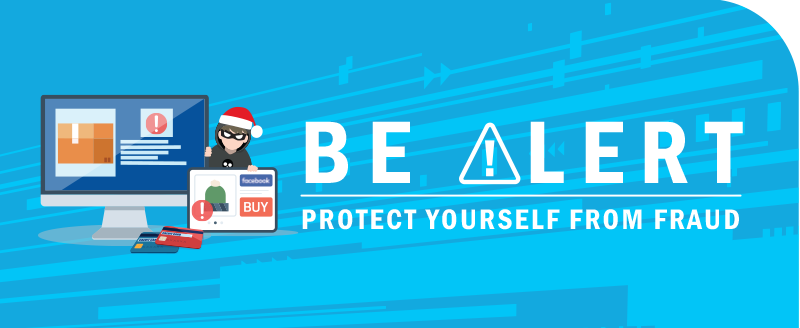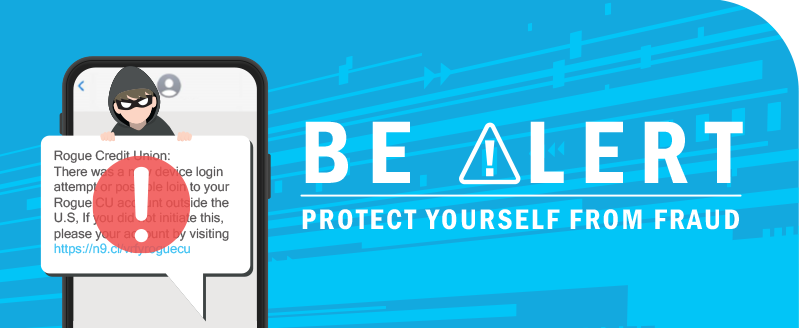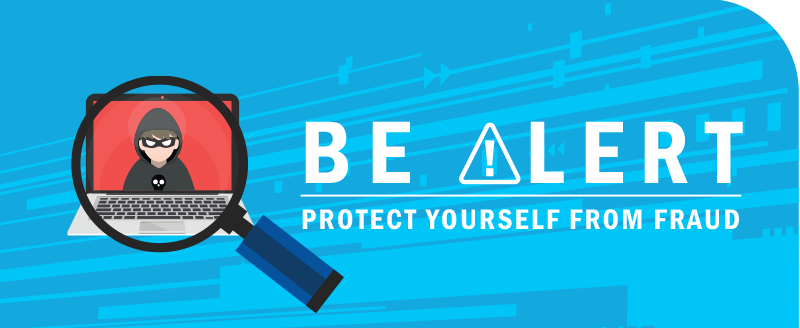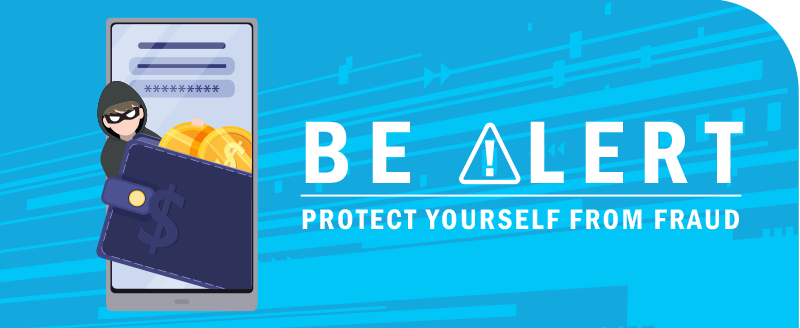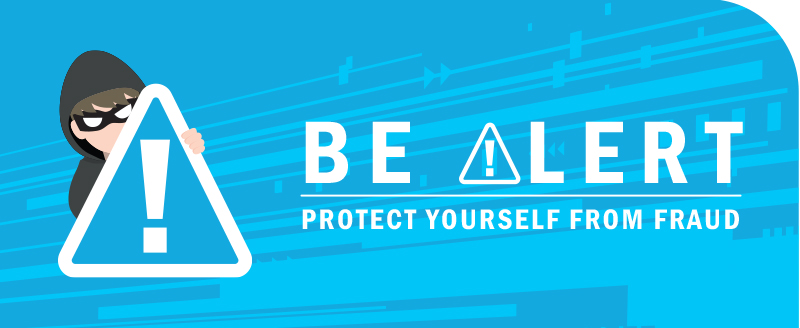Credit Card Fraud
According to the Federal Trade Commission, credit card fraud was the most common type of identity theft in 2021. Credit card fraud can happen two ways:
- Someone steals your identity to open lines of credit or hijack accounts
- Someone uses your credit card information to make purchases
You can help prevent the first type of credit card fraud by protecting your identifying information. In this article, we’ll help you prevent the second type of credit card fraud with tips to keep your card information safe.
How to Prevent Credit Card Fraud
Use a Virtual Wallet
Digital wallets like Apple Pay and Google Pay create a virtual card for each of your credit cards, assigning them unique codes to make transactions with. Your card information is not stored in your phone or the cloud, and your identity and personal information isn’t shared with vendors. This provides several extra layers of security.
Protect Your Card Information Online
When shopping online, make sure the site has “https” in the web address or that there’s a lock symbol in address bar. These websites use encryption to protect your information.
When you’re ready to make an online purchase, check if the merchant accepts the use of digital wallets. If they don’t or you’d prefer to enter your information manually, don’t let merchants “remember” and store your card’s information. If the merchant has a security breach, your card number might be part of the data that’s stolen by hackers.
Watch Out for Credit Card Skimmers
If you don’t use a digital wallet, look out for credit card skimmers. These might be attached to ATMs, fuel pumps or other public card-reading devices, and they steal your card numbers when you make a payment. A skimmer might be loosely attached to the card reader, so when in doubt try jiggling the card reader to see if any part of it detaches.
Review Credit Card Statements
Review your monthly credit card statements or check your transaction history regularly in online banking. If you see anything you don’t recognize, immediately call and report the unauthorized charge. You can also keep an eye on your credit score — unexpected dips or rises may signify someone else using credit in your name.
Beware of Phishing Scams
Fraudsters might try to ask you for your card numbers by impersonating a company, figure of authority, or even Rogue or the Rogue Fraud Team. Rogue will never ask for your card numbers or other personal information over the phone, text or email.
Use Different Cards for Autopay vs. Everyday Use
If you have multiple credit cards, dedicate one of them as your “autopay” card and use it for subscriptions and automated billing. Store this card in a secure spot at home, then use another card for everyday transactions. While this tip won’t prevent fraud, it will minimize the hassle of updating your subscription services if your everyday card is compromised.
Report a Compromised Card Immediately
Sometimes a fraudster gets access to your card numbers despite your best efforts. If all else fails, report your lost or stolen card or fraudulent activity to the credit card issuer immediately.
At Rogue, we take the safety and security of our members’ accounts very seriously. If you have any questions or suspect fraudulent activity on your accounts, we’re here to help. Give us a call at 800.856.7328, chat with us online or stop by your local branch.


